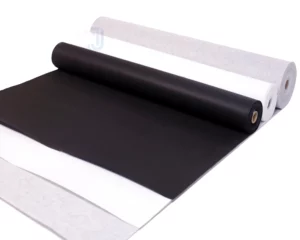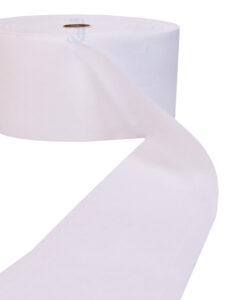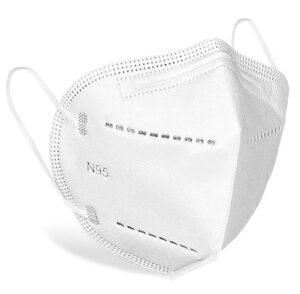
Uses of Non Woven Polyester Felt
NONWOVEN FELT INCEPTION Felt Nonwovens were one of the oldest textile material to be used in
Non-woven fabrics are widely used in the filtration industry due to their excellent filtration properties, versatility, and cost-effectiveness. They offer several advantages over traditional woven fabrics in terms of filtration efficiency, durability, and ease of manufacturing. Here are some common applications of non-woven fabrics in the filtration industry:
Non-woven fabrics are extensively used in air filters for HVAC (heating, ventilation, and air conditioning) systems, industrial air purification units, and automotive cabin air filters. These fabrics can trap airborne particles, such as dust, pollen, pet dander, and microorganisms, providing clean air for various environments.
Non-woven fabrics are employed in liquid filtration processes across various industries, including pharmaceuticals, food and beverage, water treatment, and oil and gas. They can effectively remove suspended solids, sediments, contaminants, and impurities from liquids, ensuring the desired level of purity.
Non-woven fabrics find applications in various industrial filtration processes, such as coolant filtration in metalworking operations, dust collection in industrial machinery, filtration of paints and coatings, and filtration of chemicals and solvents.
Non-woven fabrics are widely used in medical filtration applications, including surgical masks, N95 respirators, and medical gowns. These fabrics provide efficient barrier properties, preventing the transmission of microorganisms and particulate matter while maintaining breathability.
Non-woven fabrics are utilized in automotive filtration systems, including engine air filters, cabin air filters, and fuel filters. These fabrics help protect the engine, passengers, and fuel system by removing contaminants and ensuring clean airflow.
The advantages of non-woven fabrics in filtration applications include high filtration efficiency, low pressure drop, good dirt-holding capacity, durability, resistance to chemicals and abrasion, and ease of customization. Additionally, non-woven fabrics can be manufactured with specific properties, such as hydrophobicity, oleophobicity, and electrostatic charge, to enhance their filtration performance in specific applications.
Overall, non-woven fabrics play a crucial role in the filtration industry, providing effective and efficient solutions for a wide range of filtration requirements.

NONWOVEN FELT INCEPTION Felt Nonwovens were one of the oldest textile material to be used in

Applications and Advantages of Hot Air Through Non Wovens Hot Air through bonding is a technique

Role of Face Mask in reducing Transmission of COVID-19 The novel widely spreading Corona virus has
Near Cement Godown,
Industrial Area-C,
Kanganwal, Ludhiana –
141014, Punjab, India
Copyright © 2014-2023 Jhanji Textiles. All Rights Reserved | Created by Digital eSearch